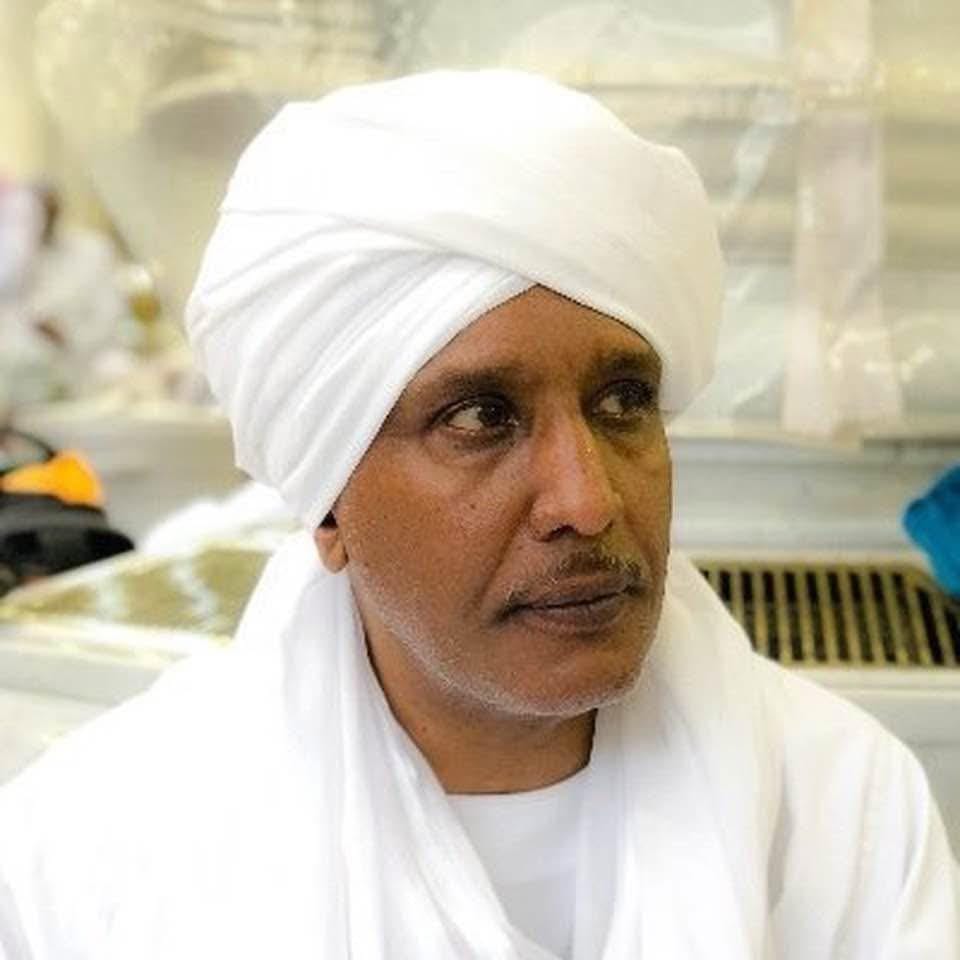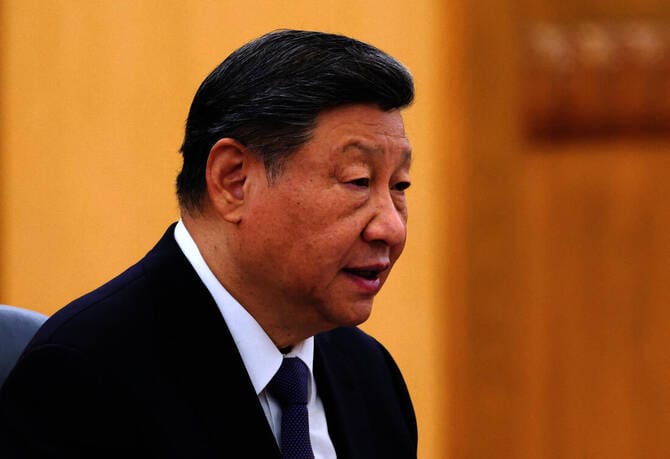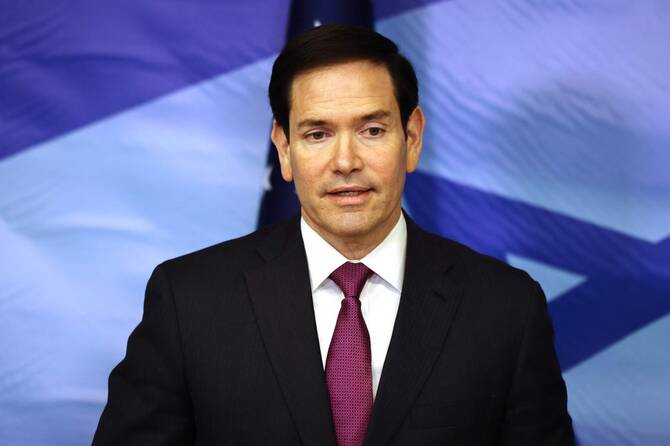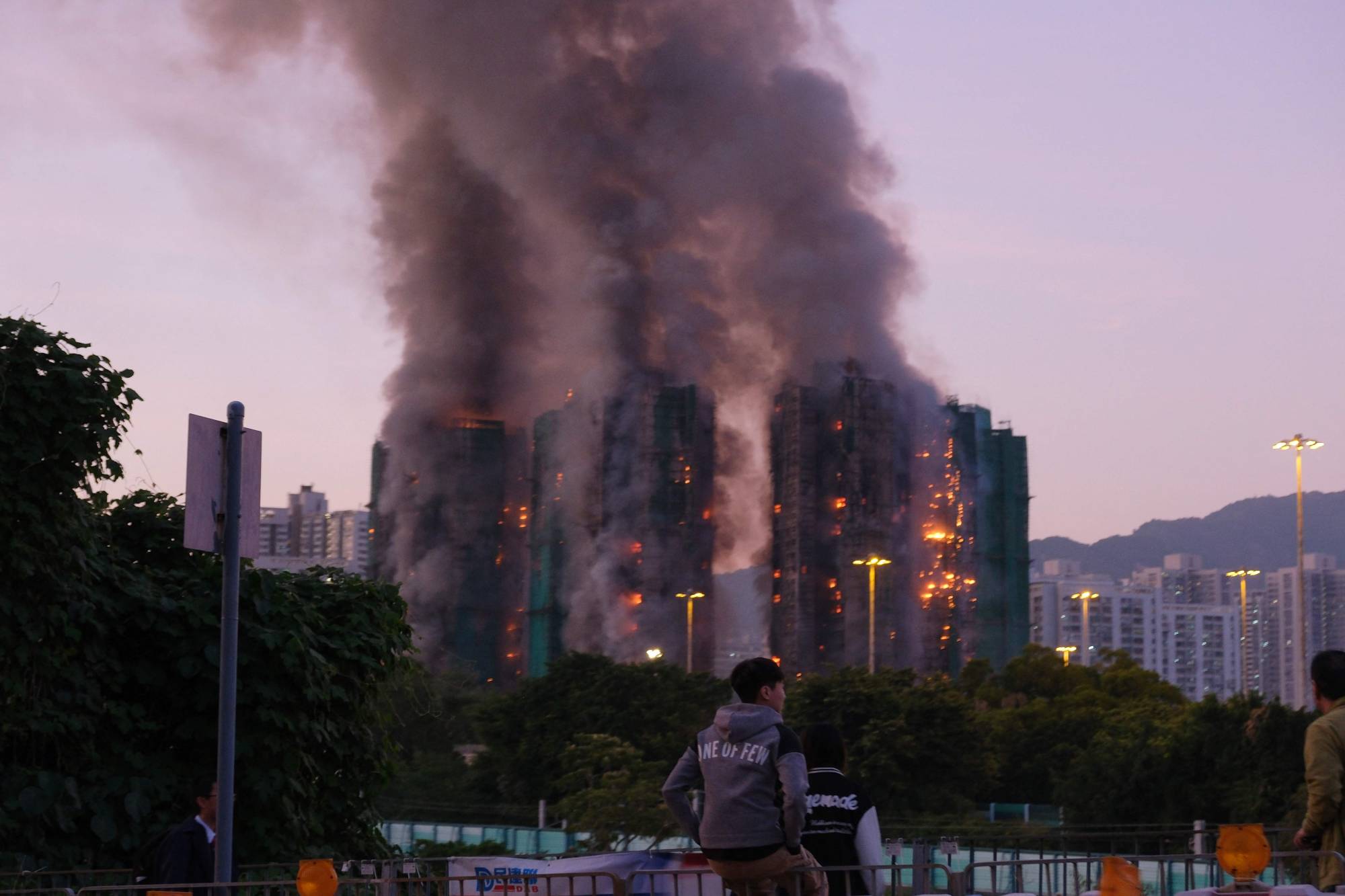Waiting for a Miracle: Sudan Between Collapse and Exploitation
By Dr. Waleed A. Madibo is a Fulbright Scholar. He is the founder and president of Sudan Policy Forum.
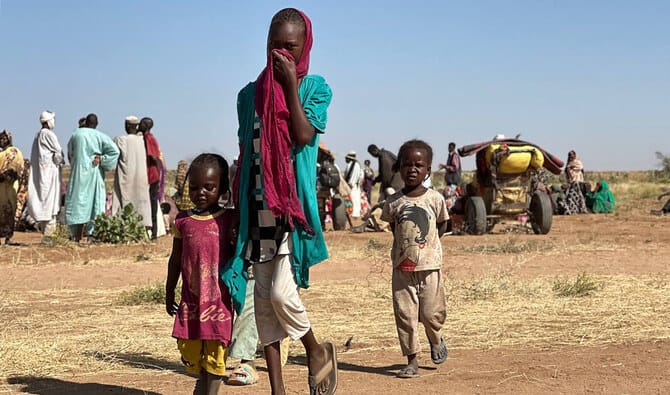
Sudan is teetering on the brink of total fragmentation—perhaps within a decade—unless an urgent, fortuitous intervention occurs. The international community watches, speaks, and deliberates, but rarely shows urgency. It is as if catastrophe, when unfolding far from the heartlands of global interest, merits no emergency and demands no swift response. But that calculus may soon shift—not due to a moral awakening or sudden empathy for Sudanese suffering, but because the global energy map is being redrawn in response to rising fears of a major war in the Gulf and potential disruptions to its oil supply.
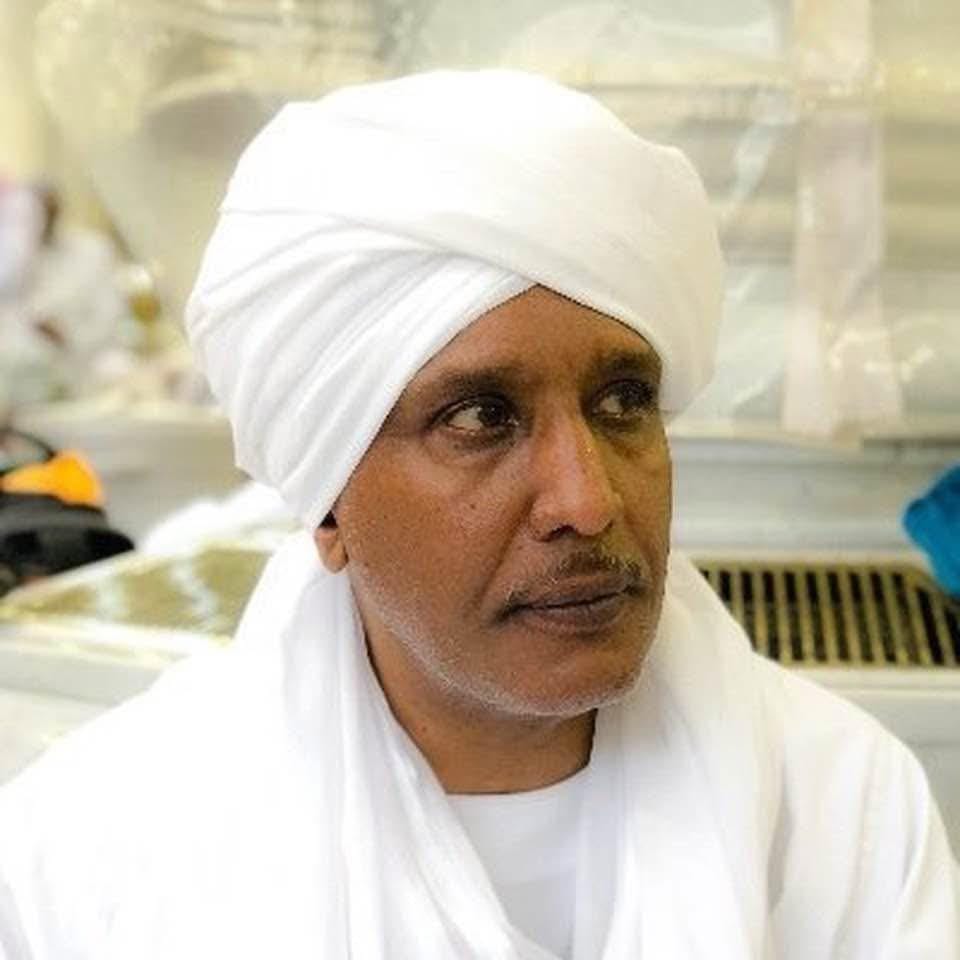
A May 2025 report from the Council on Foreign Relations (CFR) warned that “a large-scale conflict between Iran and Israel would directly threaten oil exports from the Gulf, forcing the United States to reconsider alternative energy sources.” And in a closed seminar at Johns Hopkins University this year, a former energy advisor to the U.S. State Department noted: “Despite the chaos, Sudan remains one of the most promising frontiers for oil exploration in Africa, and the Red Sea is its geopolitical gateway.”
To many Western policymakers, the Gulf region—despite longstanding alliances—is increasingly seen as unstable, its explosion a matter of time. The intensifying conflict between Israel and Iran, marked by cyberattacks and retaliatory strikes on land and sea, reveals just how fragile the current calm is.
Against this backdrop, Sudan is gradually reentering the Western imagination—not as a humanitarian priority, but as a “deferred resource.” Despite political disarray, the U.S. Geological Survey (USGS) estimates Sudan’s oil reserves at 6 to 10 billion barrels—mostly untapped—particularly in East Darfur and South Kordofan, alongside promising potential in the Red Sea basin.
This could prompt a shift in U.S. policy—not out of affection for Sudan, but out of concern for energy security. The conflict may be reframed not as a “civil war,” but as a geopolitical fault line in need of stabilization. Such reframing would justify a stricter regional management approach aimed at securing resources and ensuring minimal stability.
Yet, any such “rescue” or miracle must not be mistaken for salvation. It would be a pragmatic intervention—one that might staunch the bleeding, but leave the wound untreated. Sudan’s real miracle lies not in external diplomacy but in an internal reawakening: a redefinition of statehood and a reclaiming of the national project from the grip of militias, sectarianism, militarization, and dependence.
Today, the very notion of “the state” in Sudan has become conditional. If it holds economic promise for global markets, it is kept on life support. If its utility expires, it is left to wither. As U.S. researcher Jeffrey Hertzman wrote in a 2024 Brookings paper: “Fragile states are not burdens to global capital; they are emergency reserves—called upon when needed, forgotten when no longer useful.”
Sudan’s unraveling fits this model. The region is being reengineered to operate through subnational zones, local militias, and globalized economies beholden not to the people, but to remote centers of power. Any real hope, then, must rest not on foreign strategy but on Sudanese consciousness. States are built through political will and collective memory—not through budgetary calculations of distant capitals. Without that will, the nation becomes a commodity—waiting for the highest bidder. (A conceptual echo of Sudanese thinker Diaa Eldin Mohamed Ahmed.)
In this context, one cannot ignore the provocative article published on July 1, 2025, in The Jerusalem Post by Niger Innis, titled: “Will Israel Get Rid of Burhan?” The piece portrays General Abdel Fattah al-Burhan as an existential threat to Israel and calls for his removal “by direct or indirect means.” But this rhetorical about-face reflects not a moral transformation, but a functional disappointment. Israel, after all, had once celebrated Burhan—welcoming his 2020 meeting with Netanyahu in Entebbe. But in Tel Aviv’s view today, he has become an incompetent proxy, incapable of containing the chaos or securing the routes through which gold, uranium, and diamonds flow into illicit global markets.
In the end, the rules of engagement may change at any moment. When strategic calculations enter the equation, failed states suddenly become priorities—not due to international justice, but because of extraction imperatives and export corridors. At that point, the U.S.—or whichever actor takes the lead—may draft a new playbook for Sudan: not one of crisis management, but of imposed settlement, aiming for a temporary calm as a precondition for long-term energy investment.
And so, in waiting for a miracle that has yet to be written, the haunting question remains: Are we witnessing Sudan’s final collapse? Or will history—at the edge of catastrophe—grant us one last chance to escape the claws of geography and the trap of global interests?

